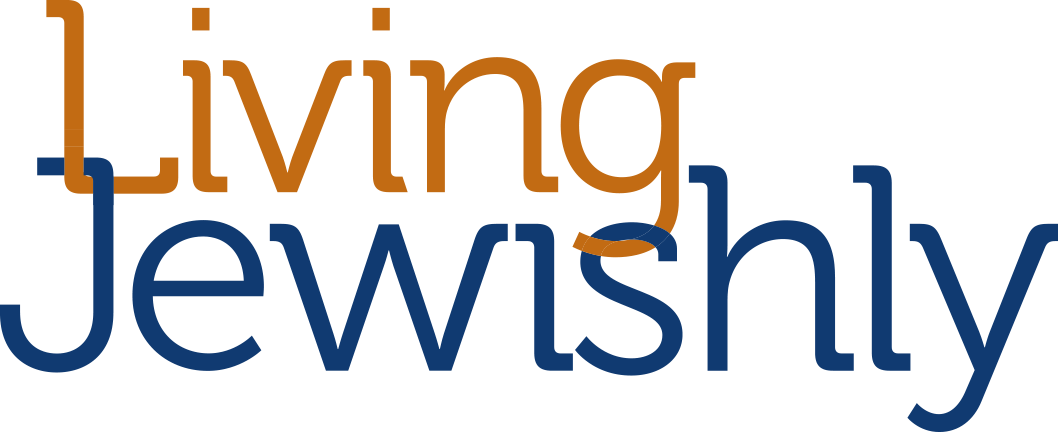Jewish education today finds itself continually adjusting to just how much the world of our students has changed in the past forty years, a world in which smart phones and the internet make instant global communication ubiquitous; consumers expect to get what they want, where and when they want it; institutions cannot expect loyalty, but must prove themselves again and again; the web makes a vast virtual library of Jewish learning accessible to anyone; Jewishness is continually being reinvented in dozens of traditional and new ways.
These sociological changes find their way inevitably into the 2020 Pew Report, with its predictable dose of worrying news about the fate of Diaspora Jewry, especially those Jews not particularly moored to the ship of Judaism and Jewish life. And although it may be fashionable to quote the saying popularized by Twain—“There are three kinds of lies: lies, damned lies, and statistics”–I am not sure we can dismiss the report’s data so glibly. As the authors point out, “two sharply divergent expressions of Jewishness appear to be gaining ground – one involving religion deeply enmeshed in every aspect of life, and the other involving little or no religion at all.”
That observation in and of itself is bit misleading, as the more pronounced trend is towards the latter defection from any kind of religious identification whatsoever. Over a quarter of U.S. Jewish adults (27%) do not identify with Judaism per se. They think of themselves as Jewish in an ethnic or cultural sense, or simply by dint of birth, but as for the Jewish religion, they describe themselves as atheist, agnostic or “nothing in particular” rather than as Jewish. As Pew concludes, “among Jewish adults under 30, four-in-ten describe themselves this way.” At the same time, the report announces, younger Jewish adults are much more likely than older Jews to identify as Orthodox. Among Jews ages 18 to 29, 17% self-identify as Orthodox, compared with just 3% of Jews 65 and older.
Seven-in-ten or more U.S. Jews say that remembering the Holocaust (76%) and leading a moral and ethical life (72%) are essential to their Jewish identity. About half or more also say that working for justice and equality in society (59%), being intellectually curious (56%) and continuing family traditions (51%) are essential. Far fewer consider observing Jewish law (15%) to be core elements of what being Jewish means to them. It would seem that the observance of Jewish law is of central significance only to Orthodox Jews, 83% of whom deem it essential.
As the Scottish poet Andrew Lang once quipped, some use statistics “as a drunk man uses lamp-posts—for support rather than for illumination.” So those people who want to prove that Judaism is of increasing irrelevance to a growing group of young Jews will certainly be able to find backing for their contention. And Orthodox Jews who want to triumphantly claim that traditional religion is the only sustainable future for Judaism can cite Pew to incline towards their view. But these assertions fail to shine any clarifying light on whether, if anything, can or should done about the Jewish future, and by whom.
Here are a few modest suggestions, not about Judaism as a whole, but about Jewish education.
Life Centered Education. Franz Rosenzweig argued that we need a “new Jewish learning,” one which “no longer starts from the Torah and leads into life, but the other way round.” As the Talmud tells us (Avodah Zara 19a): “A person does not learn Torah except from a place that one's heart desires.” We need to listen more closely to what is really going on in the lives of students and how Judaism can resonate for them.
Social Experience. Learning must be experiential. Judaism is not a “subject” to be studied; it is a way of life to be lived. Textual learning should be grounded in and accompanied by experiences that bring the content of the text to life. This is not a substitute for textual rigour or Jewish skills, but it lends such skills a direction. As Reinhold Niebuhr once said wisely, "there is nothing more irrelevant than an answer to a question that no one has asked."
Where Judaism Happens. It is by now axiomatic that Jewish education takes place in far more than just Jewish schools. Education happens at camps, retreats, JCC's and many other places, not to mention in cybersapce. If so, then we must pay attention to the populaces who inhabit these places and also the training of the people who encounter them there. Every venue in which important life activities take place – including those that are not specifically “Jewish”- is potentially a setting for Jewish learning.
Facing the Challenges. As the world exponentially changes, Jewish education faces very difficult questions about how to respond. What is the effect on Jewish education of Jewish identity and diminishment of religious and cultural commitment? How do we cope with decreasing Jewish literacy, and of dwindling financial resources? Of a generation of philanthropists who may not be as interested in Judaism as their parents were, or have other charitable priorities?
What about the impact of technology in subverting the ability to focus and actually learn. Most students are convinced that they can do various things at once, but contrary to their own suppositions, they do not multi-task well. A study published in the January 2014 issue of The Teaching Professor, found that "students who use their mobile phones during class lectures tend to write down less information, recall less information, and perform worse on a multiple-choice test than those students who abstain from using their mobile phones during class.”
In his book, Good to Great, Jim Collins emphasizes the importance to any successful enterprise of “getting the right people on the bus.” We must nurture educators who can reach and engage today's learners. We must give them the education and the tools they need to do an increasingly difficult job. We must pay them properly and give them ongoing professional development. We should facilitate their pursuit of excellence. It is no longer the case that children are educated in a one room school house. In truth, it takes a village to educate a Jewish child – parents and teachers and professionals, and all of the infrastructure that supports them.


0 Comments